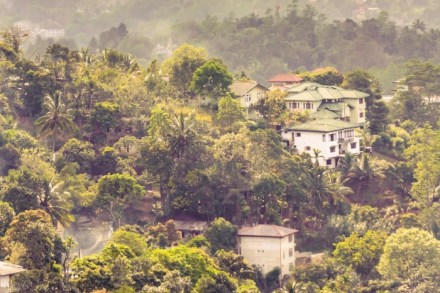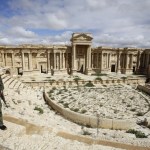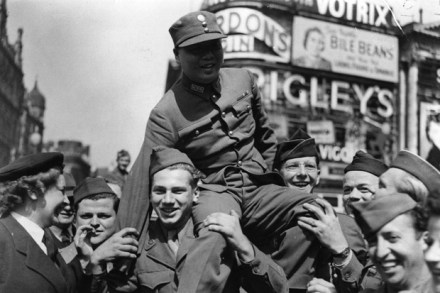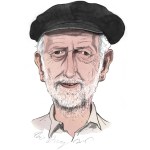Sri Lanka makes me yearn to be a pre-war tea planter
Sri Lanka In my next life, I’m going back in time to become a tea planter in pre-war Ceylon. I half knew this even before I’d ever set foot in Sri Lanka. After a blissful couple of days at Rosyth, an estate house in old tea- growing country about an hour from Kandy, I understood exactly why: the climate, the views, the staff, the sundowners… Which are the same reasons the colonial British took so particularly well to tea-growing, whether in Assam, Darjeeling, Kenya or Ceylon. It thrives in just the conditions British people tend to find most congenial: pleasantly warm but not boiling; plenty of rain to keep the


















